I've toured the UK as a musician for years – but the hostile environment forced me to leave for good
Once the current crisis surrounding Covid-19 settles, any budding artist that needs to come to the UK would still face an insurmountable challenge, writes Pavan Mukhi
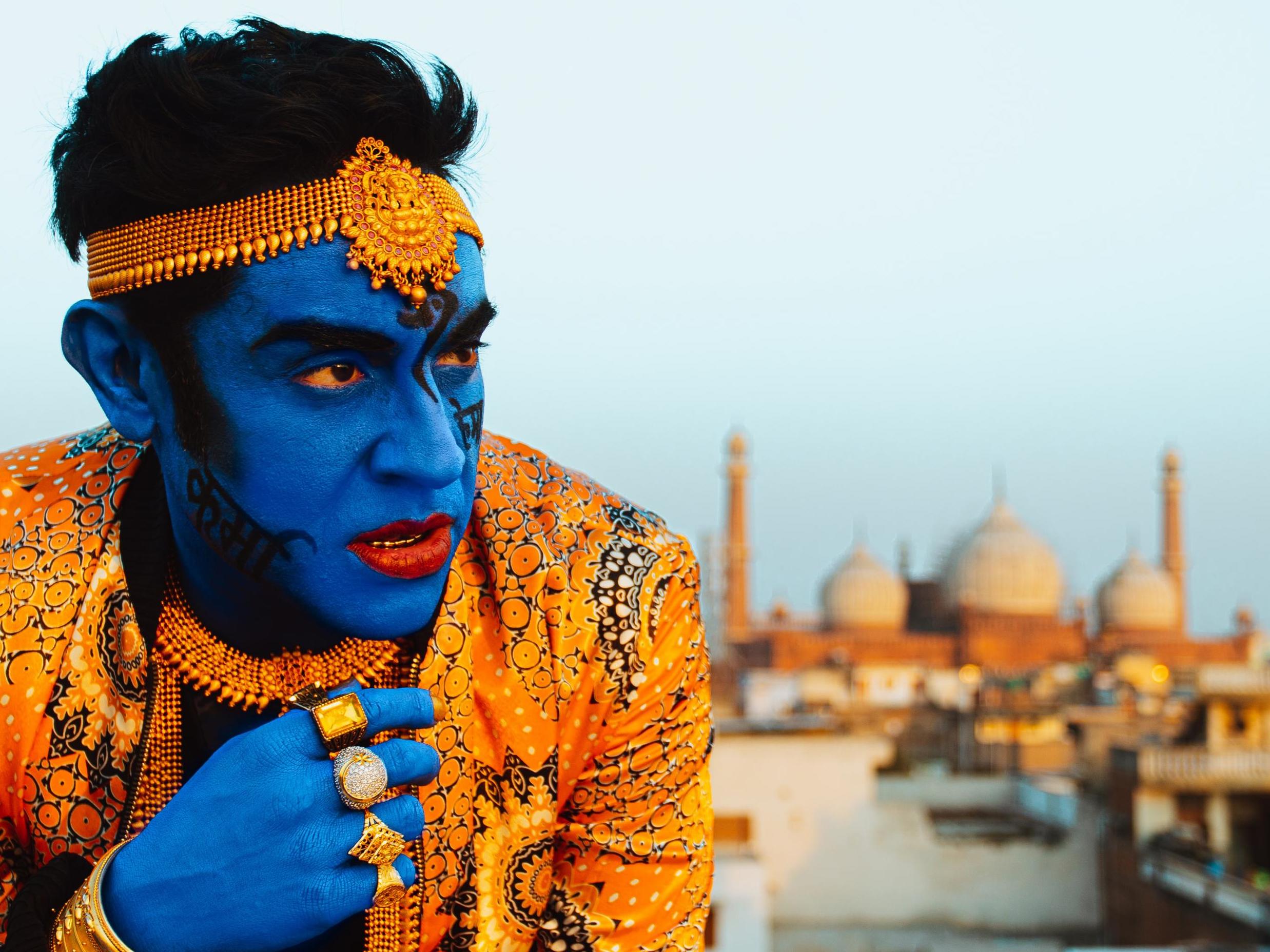
Music has always been a truly global phenomenon that transcends colour, creed, social status, time, nationality and especially borders. With the advent of the internet, digital distribution, and more recently intelligent algorithms, a record is available to everyone everywhere the second it drops.
This means that although “scenes” may have geographical locations, they come into existence as soon as they are out in the world; artists are driven to bring their own interpretations to the table.
Take a look at DJ-ing and Hip Hop in the 70s and 80s. It started in New York, and gradually spread to the world via radio and TV and is still spreading today. Once records started to hit radio, people everywhere got a hold of the sound and created their localised versions, even with many countries closing borders and restricting visas due to Covid-19, music is one of the few things that can freely travel and bring light, entertainment and information to people everywhere.
Musical culture has seen a slow and steady evolution of genres until the last 15 years where a number of sub-genres, styles and movements exploded on a rapidly regular basis and spread like wildfire. Let’s take a movement like Dubstep, for example. Born out of Garage and Dubplate/Soundsystem culture, London (specifically Croydon) was an incubation hub for the sound. Despite Dubplate protocol, digital distribution and studio technology advanced giving immediate access to the newest sounds. The ability for an artist to reinterpret and release new music became so quick, that freshly spawned sub-genres were immediately created worldwide and heard in all corners of the Earth.
This, in turn, created an immediate demand for an artist to travel to perform wherever there were people who loved their sound. Nowadays, you have rappers from China, Techno producers from India, African-American classical Indian musicians from the US. It’s a beautiful thing for some, but only if you have the right passport can you get booked, get on a flight and essentially get your global career as a touring artist off the ground with few obstacles.
This isn’t true for everyone. If you are fortunate enough to have a passport that allows you to travel anywhere with minimal red tape, you can take your music and message on tour almost instantly. For others, it may take months or even years of releasing and promotion to prove your legitimacy to even apply to travel as an artist. And this is just talking about short term and temporary permission to travel.
With a British passport, one can travel to 173 countries, visa-free. For other countries, the application requires minimal documentation with a general turn around time of two to four days, perhaps 10 at the most for the trickiest circumstances.
For an Indian national, there are 50 countries that you can travel to without a visa or receive a visa on arrival. And for a Bangladeshi passport holder, there are only 16.
I was born in Dubai and have an Indian passport. UAE only offers nationality to outsiders under the rarest circumstances or if you work for the government for extended periods of time.
When I started my rap career in 1999, there wasn’t an industry in my country of residence, and to get an artist visa for the UK, I was told I had to invoice approximately £20,000 and prove I was a famous artist. This was an impossibility. By the time Foreign Beggars were big enough in the UK, this was still the case but I still couldn’t prove the earnings or reputation in my home country.
In 2011, the Tier 5 Creative and Sporting visa said that I could remain in the UK under two circumstances: Either by showing a contracted UK appearance every two weeks, or if my agent was an A-rated sponsor and could prove my earnings for the year. So at this point, I was able to stay in the UK for a year at a time, and as the validity was longer than three months at a go, I was able to apply for my other visas while in the UK.
I used to have to fly back to Dubai every time I needed to apply for a visa to travel anywhere else, which would take up to three weeks to process, meaning I’d have to take time out of touring and go back and forth to embassies anywhere up to 10 times until the application was processed. In many cases, the embassy was two hours away in Abu Dhabi. The life of a perpetual foreigner.
Fast forward to 2015 and I’d been living in the UK, for seven years under a Tier 5 visa. I was a director in three different companies related to the band, all paying taxes and paying taxes on my personal income from music and hiring four UK citizens full-time. I went to reapply for my visa and was denied on the basis that I didn’t have the fortnightly UK contracts. As a touring band from the UK, we were doing up to three to four shows a week, 90 per cent internationally as the UK is a small territory.
This, in turn, meant I had to become a resident in the UAE again and could only come to the UK for the periods my contracts were live. This also meant that the validity period of the visa was never more than three months, hence having to fly back to Dubai several times a year and make my international visa applications from there, resulting in extended periods of inactivity every time.
If I calculate the time spent waiting for visas, it probably comes up to about six to seven months of lost income that the band could have been making. It also meant close to £250,000 of taxable income the UK government could have made. It’s a ridiculous amount of red tape. And that’s without mentioning the close to £50,000 we had to shell out in flights back and forth just to make applications, visa costs and lawyers fees. I should add that as the Tier 5 visa offered to musicians and athletes still counts as a temporary work permit, all those years do not count towards any sort of residency. All the while plummeting my entire business into debt.
Now, for an artist who has proven their place in the UK industry, been in the UK Top 10, played the most prestigious venues and collaborated with many of the most celebrated artists, employed UK citizens for years and generated millions for the UK economy, I still find the system completely stacked against me - I cannot operate with any level of autonomy and the costs to do the most simple things are very high.
Once the current crisis surrounding Covid-19 settles and, assuming “normal” visa services resume, any budding artist that would need to come to the UK to cut their teeth and really become a part of the scene would still face an insurmountable challenge. In many cases, it means there’s a ceiling on what people can achieve.
They may never be given the opportunity to contribute their full potential, let alone have a chance of becoming a valuable asset to the UK.
Pavan Mukhi is a rapper and former member of Foreign Beggars who performs under the name PAV4N. His next release, STASIS is due out on the 10 April.


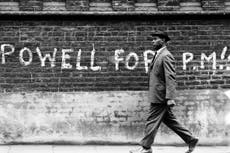
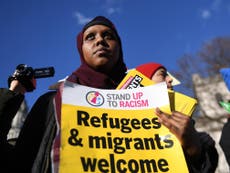
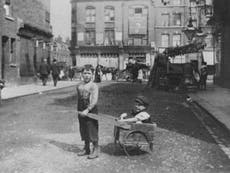
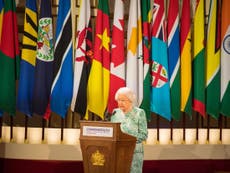
Join our commenting forum
Join thought-provoking conversations, follow other Independent readers and see their replies